
Tackling the war on weeds
The Pacific Regional Invasive Species Management Support Service (PRISMSS) has been implementing activities in the Cook Islands through two PRISMSS programmes thus far.
The Rarotonga Environment Act 1994/95 was repealed by the Environment Act 2003 formalising the establishment of the NES.
The role of the National Environment Services is based on 5 main areas and has four main departments.
There is a suite of policies, strategies and plans developed over the years to enable environmental protection, conservation and management.
Our cultural identify is deeply rooted in our environment and it is part of our heritage and legacy.
An Environment Consent is a permission granted to an applicant undertaking an activity that has some but not significant environment impact.
A permission required for the construction of a standard residential dwelling or non-construction purposes such as land clearance.
A management tool used to identify the environmental, social and economic impacts of a project prior to decision making.
Any person planning to take any wild animal or plant overseas must apply for a permit for trade movement of endangered species (CITES).
All importers of bulk HFC goods must register as an approved importer with NES.
Other permits issued by NES relates to the transboundary movement of waste, ozone depletion substances and wildlife.
Biodiversity plans are important documents to manage and determine the state of our natural environment.
Protecting species, habitats, ecosystem, and protecting biological diversity.
Activities to protect, maintain, or restore the quality of environmental media.
Historical milestone for conservation in the Cook Islands
The Environment Act 2003 is the primary legislation applied throughout the Cook Islands and the Outer Islands (Pa Enua) of Aitutaki, Atiu, Mauke and Mitiaro.
Several subsidiary legislations made under the Environment Act 2003 to apply provisions of the Act and to also include the Pa Enua.
Numerous national legislations interlinked with the environment but administered by other government entities.

The Pacific Regional Invasive Species Management Support Service (PRISMSS) has been implementing activities in the Cook Islands through two PRISMSS programmes thus far.

NES discussions with SPREP have been pivotal in aligning environment efforts with strategic goals. The National Environment Policy 2022-2032 served as a guiding document for
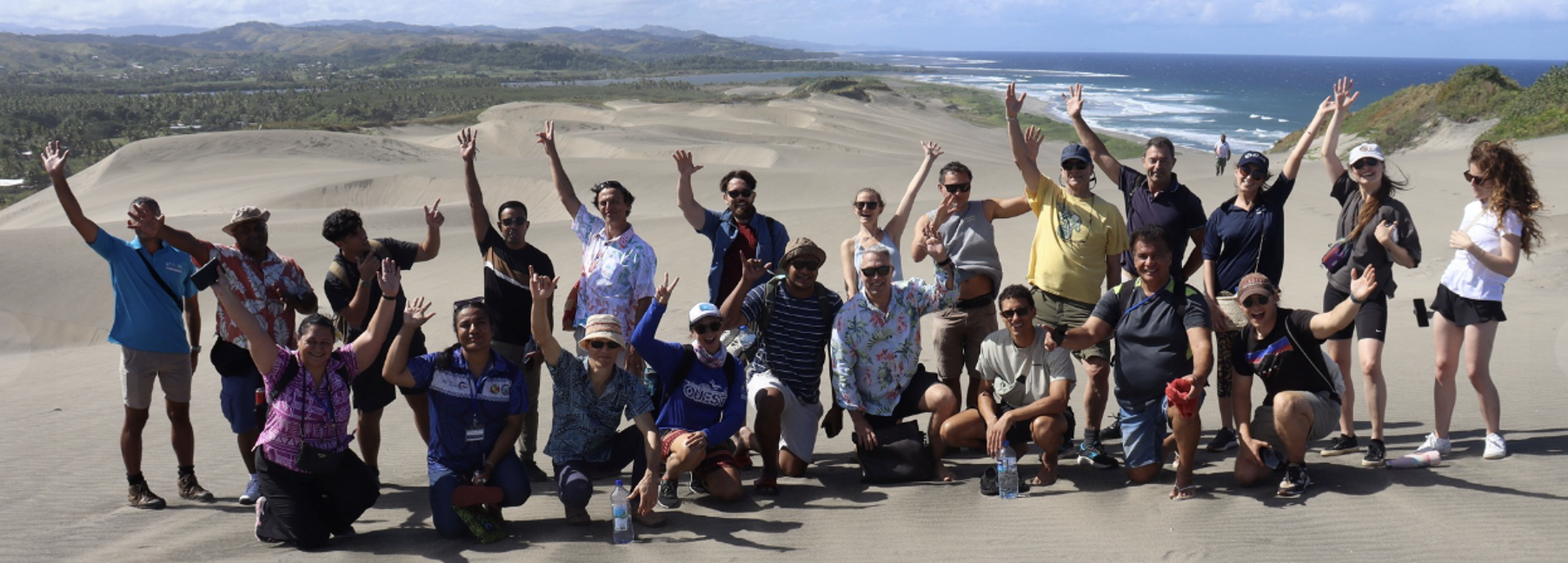
With the increasing global sea level posing a significant concern, Pacific Island Countries and Territories face a pressing challenge. Phillip Strickland, NES Senior Environment Compliance

Rose Strickland stated ‘the discussions at the regional level allowed member countries to share their challenges faced in biofouling, as well as inviting technical experts
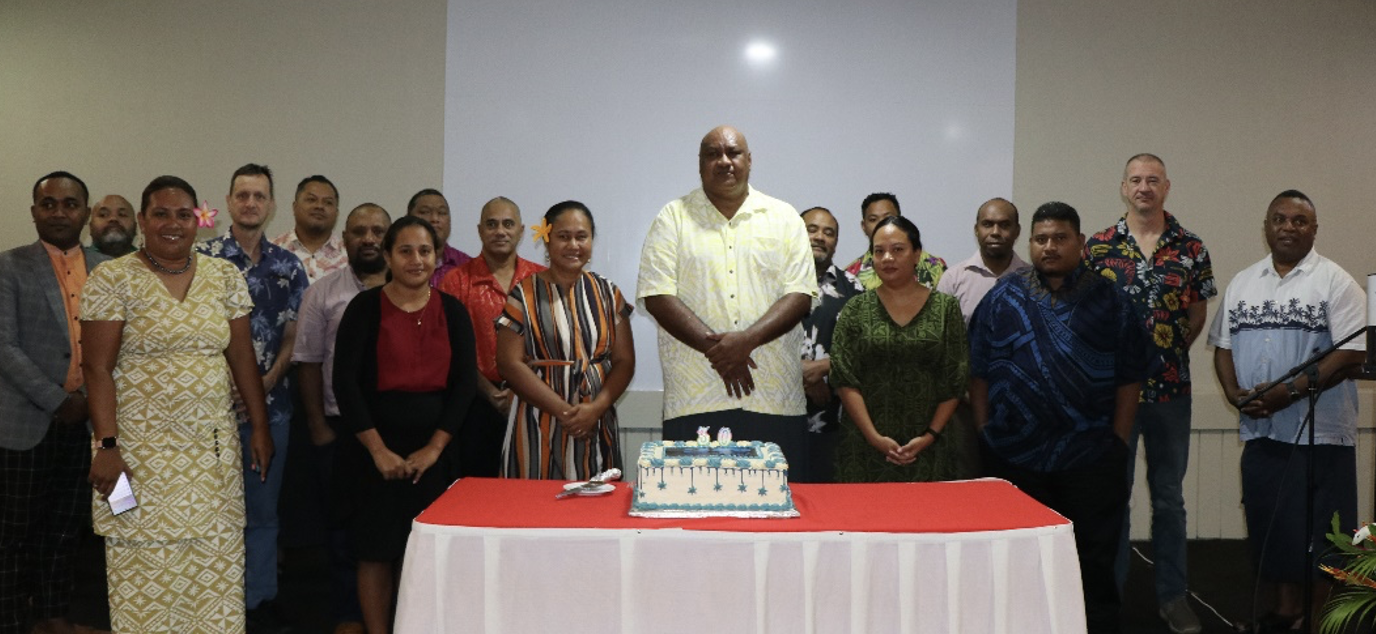
Teariki Tearetoa, NES Research and Pa Enua Coordinator, attended the final regional meeting on the Inform Project. The Inform Project is a unified response for
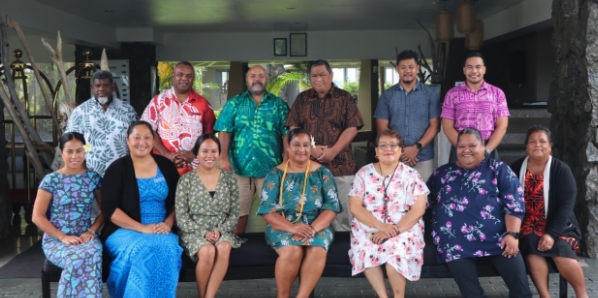
NES looks forward to a working relationship with relevant stakeholders for the benefit of our small island communities, with particular focus on the Pa Enua.
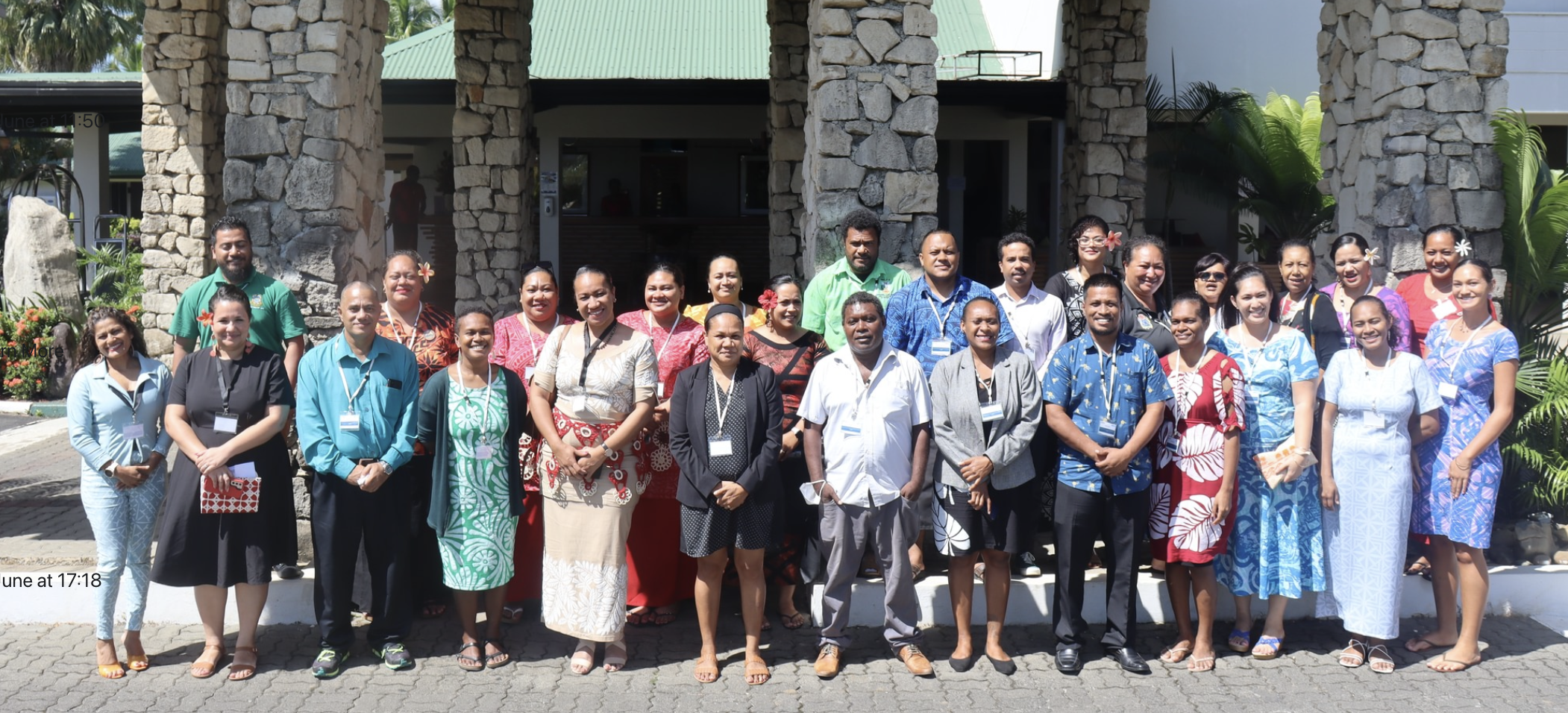
Participants from 8 pacific island countries including the Cook Islands discussed innovative knowledge brokerage methods and tools that can be integrated into workplans and activities.
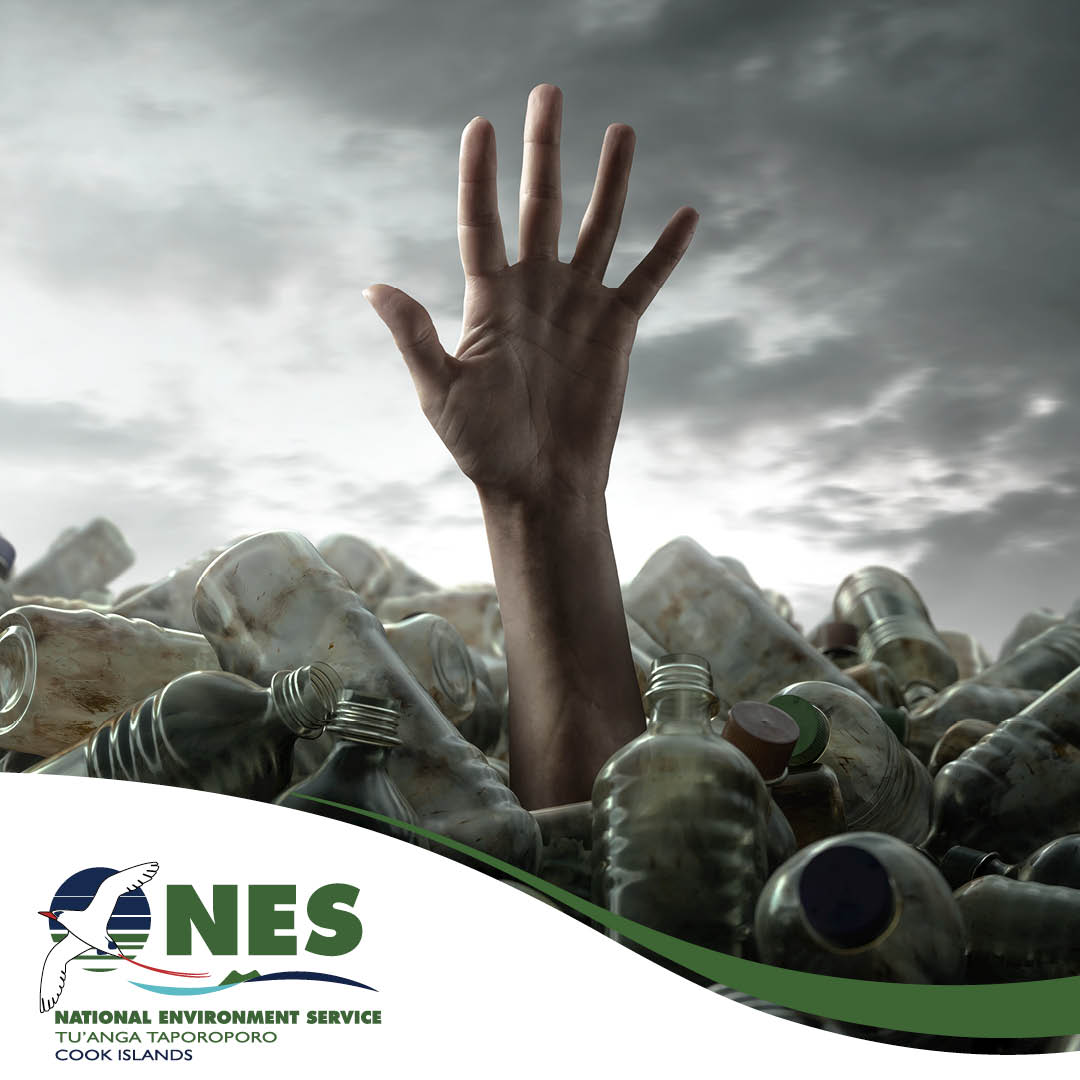
The main objectives of the preparatory meeting were for Pacific members to actively engage in negotiating a new binding global agreement that is consistent with
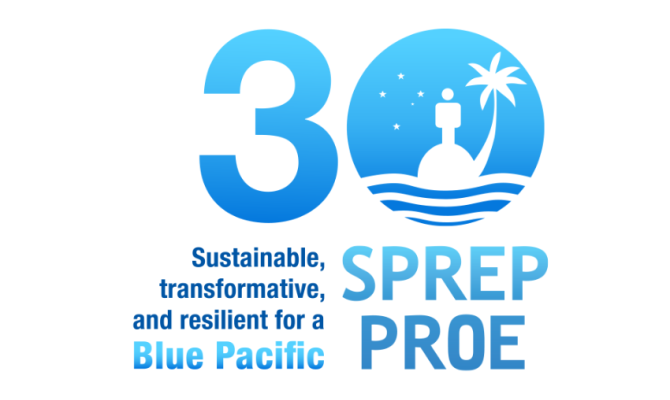
The Honorable Minister of the National Environment Service Albert Nicholas delivered remarks recognising SPREP’s important role in promoting conservation and sustainability in the Pacific region.
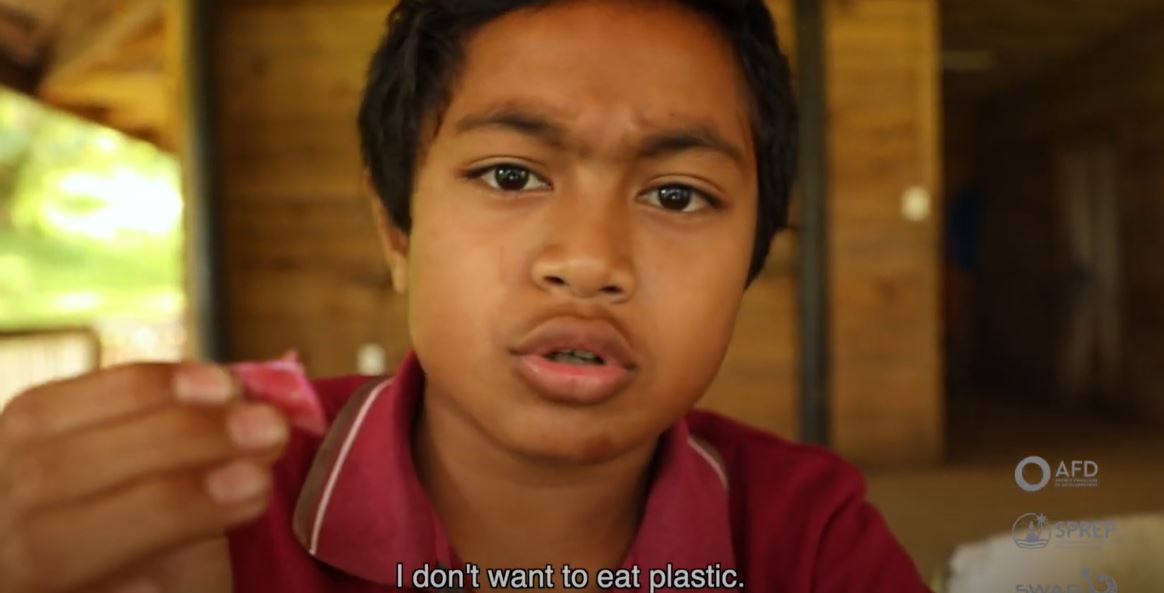
The video illustrates the devastating effects of plastic waste, as plastic bags and bottles can take hundreds of years to decompose, and even then, they